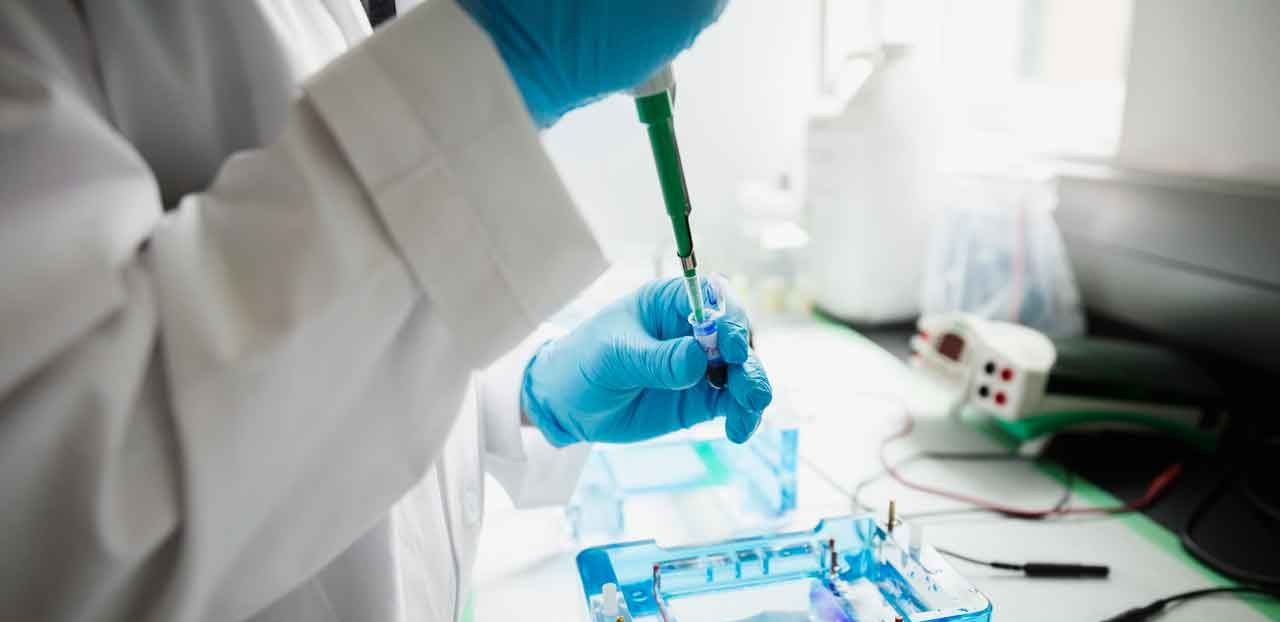Stool DNA Test for Colon Cancer

To increase options for colon cancer screening and ensure more people are checked for cancer, you can have a stool DNA test for colon cancer, called Cologuard.
The Centers for Disease Control and Prevention recommends that adults between the ages of 45 and 75 have regular screening for colon cancer. Tests that look for tumors or precancerous growths (polyps) in your colon often require preparation, such as fasting or taking laxatives. Even though they are outpatient procedures, many, like a colonoscopy (a standard recommended cancer screening), can be invasive.
Patients often find these tests inconvenient or uncomfortable, which can lead to people skipping lifesaving tests. Nearly a third of adults who should have regular tests for colon cancer skip their screening. To increase the options available for colon cancer screening, and to ensure that more people are checked for cancer, you can use a stool DNA test for colon cancer at home.
YOU MIGHT ALSO LIKE: Colon Cancer Screening Guidelines
What is a stool DNA test for colon cancer?
When colon cancer develops, certain genetic mutations occur in cells in your colon, or large intestine. The changes differentiate cancerous, or potentially cancerous, cells from normal, healthy cells.
Every day, the walls of your colon shed and replace cells in the same way that your skin does. These cells are carried along your gastrointestinal system and end up in your stool. A stool DNA test, also known as the Cologuard test, examines the cells in your stool to see if your DNA has genetic changes associated with cancer.
The stool DNA test for colon cancer often finds gene mutations early, when cancer is easier to treat and less likely to be fatal. It can also sometimes indicate your colon has polyps. Your doctor and remove polyps, which can prevent cancer from developing at all. Studies have shown the Cologuard test is more accurate than other non-invasive colon cancer screening procedures, such as the fecal immunochemical test, or FIT.
How does the Cologuard test work?
If your doctor thinks a stool test is the right kind of screening for you, you will be sent an at-home kit. You will use the kit to collect a single stool sample, following the instructions that come with the collection materials.
Unlike a colonoscopy, you do not need to take any laxatives or fast before collecting a sample for a stool DNA test. Once you have collected your sample, you ship it back to the Cologuard lab.
The lab technicians will analyze the DNA in your sample to look for genetic mutations and signs of cancer. They will also look for signs of blood and hemoglobin in your stool, which can indicate cancer in your gastrointestinal system. The results will be sent to your doctor, who will share them with you and discuss your next steps.
The Cologuard test can produce false-positive results, especially in patients over age 75. If the test does show signs of colon cancer, you will need to follow up with a colonoscopy to confirm the diagnosis.
If you use a stool DNA test, the American Cancer Society recommends that you repeat the screening every three years, regardless of the result.
Who can use the stool DNA test for colon cancer?
Though every adult between the ages of 45 and 75 should be regularly screened for colon cancer, the Cologuard test is not always your best choice.
The test is best for adults with an average risk of colon cancer who have no history of colon cancer or polyps in their large intestine and no current symptoms of cancer. It might also be useful for people unwilling, or not healthy enough, to undergo colonoscopy.
If you have had tumors or polyps in your colon or a test for colon cancer in the past six months was positive, Cologuard may not be a good choice for you.
You may also need to choose a different screening test if you have a family or medical history that increases your risk of colon cancer. These risk factors include:
- Conditions like ulcerative colitis or inflammatory bowel disease
- Genetic disorders such as Peutz-Jeghers syndrome or familial hyperplastic polyposis
- Close relatives who have been diagnosed with colon cancer
To decide whether a stool DNA test for colon cancer is a good option for you, talk to your doctor about your risk level and screening options. You may also need to check that your insurance company covers procedures other than a colonoscopy before you move forward with a Cologuard test.
Updated:
March 03, 2023
Reviewed By:
Christopher Nystuen, MD, MBA